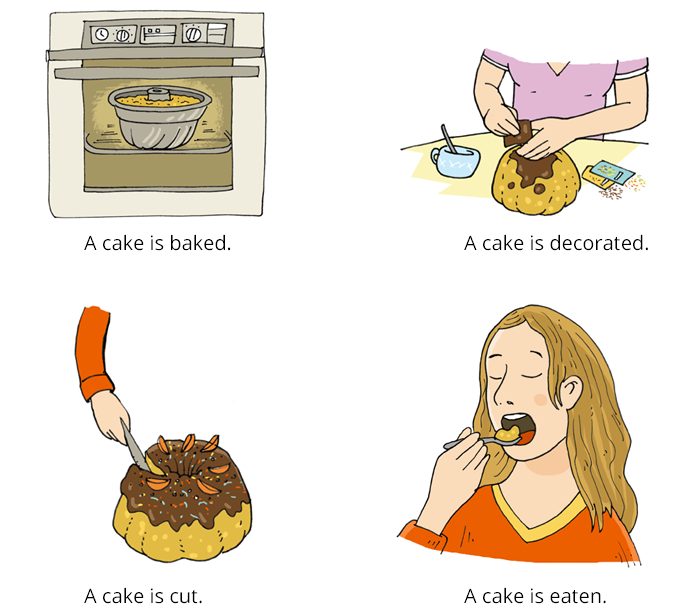Modalverben (needn't, may/must not, have to, don't have to)
Die Modalverben have to und don’t have to
You have to do your homework!
Have to heißt das gleiche wie must, also müssen.
Es drückt eine Pflicht oder Notwendigkeit aus.
Today, you don’t have to do any homework.
Don’t have to heißt nicht müssen, nicht brauchen.
Es drückt Freiwilligkeit aus.
have to / has to

don’t have to / doesn’t have to 
Das Modalverb needn’t
Today, you needn’t do any homework.
Needn’t heißt das gleiche wie don’t have to.
Es drückt auch Freiwilligkeit aus.
needn’t

Die Modalverben mustn’t, may not, may
Das Modalverb mustn’t
You mustn’t kick the cat!
Mustn’t heißt nicht dürfen. Es drückt also ein Verbot aus.
Das Modalverb may / may not
You may not kick the cat!
May not heißt auch nicht dürfen.
You may stroke the cat.
May heißt dürfen.
mustn’t

may not

may


Noch nicht kapiert?
kapiert.dekann mehr:
- interaktive Übungen
und Tests - individueller Klassenarbeitstrainer
- Lernmanager
kapiert.de passt zu deinem Schulbuch!
Buchreihen Englisch mein Schulbuch suchen



